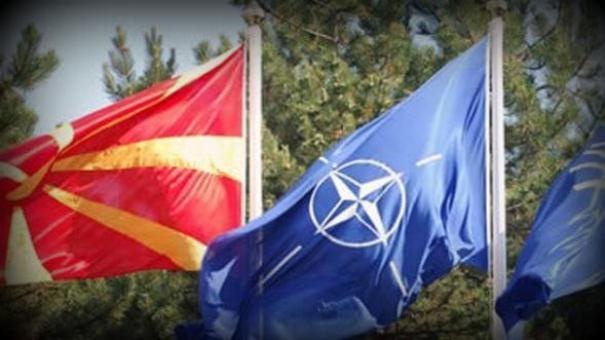Now is the most important time for NATO to grant Macedonia membership status. The Balkans region has become increasingly unstable, and it’s imperative that American and European cooperation accompanies a strong, direct push for unity. During a hearing on Wednesday, June 14, 2017, the Senate Subcommittee on Europe and Regional Security Cooperation addressed a number of threatening issues pertaining to the Balkans region. In their assertion, the volatility stems from the growing radicalization of refugees—of which Macedonia has already accommodated 42,000 and a million have passed through its borders—along with autocratic leaders that abuse resources and leave their populations vulnerable; and most importantly, the impermissible advancement of Russian influence and propaganda that transparently attempts to undermine democracy and sew chaos in the region.
As evidence of this challenging shift in geostrategic activity, the Subcommittee cited Russia’s covert intervention in Montenegro’s 2016 election and their relentless efforts to meddle in Macedonia’s internal political affairs. As the Center for European Policy Analysis suggested, Russia’s goal is not only to discourage Macedonia from joining the greater alliances of Western democracy, but also to cynically exploit Western weakness in a conflicted region.
Furthermore, Russia’s current soft power endeavors in Macedonia are particularly distressing. Russia is building schools and tennis courts, as well as engaging in an extensive disinformation campaign, in a direct effort to undermine both the faith in the United States’ commitment to Macedonia and to distance the Republic of Macedonia from NATO. Senator Ron Johnson, who presided over the hearing, noted the pressing significance of this issue and referenced Russia’s resistance towards Macedonia joining NATO in 2008 in comparison with Russia’s enthusiastic interest that is currently manifesting itself. In shifting their attention, Russia has illuminated a fundamental flaw in the Western structure—there appears to be a double standard in regards to Macedonia. Despite a blatant and outright denial of Macedonians’ human rights in Greece and Bulgaria, the two countries still enjoy membership in the EU and NATO; yet Macedonia contributes to both organizations and its members, historically providing numerous resources and tremendous sacrifice towards the advancement of Western initiatives, and still remains isolated from the benefits. This reality—the failing of the EU and NATO to live by their own stated values—calls into serious question not only the credibility and integrity of the organizations but also those of their members. How is it just to deny Macedonian involvement in the EU and NATO while two of its members reap the benefits and commit human rights violations without punishment?
To the dismay of many, these Russian attempts at Western dissuasion have not been entirely unsuccessful; support for NATO over the past decade within Macedonia dropped from 92% to 71%, and NATO’s continual reluctance to Macedonia’s admission continues to further erode Macedonian support. As a result, the Trump Administration’s proposed budget cuts would only serve to intensify the inflexibility and conflict already present in the Balkan region. Though the budget cuts are wide-ranging and devastating to the region as a whole, the 40% budget cut to Macedonia—as popular support for NATO is actively diminishing—would only serve to increase Russia’s influence within the country. Consequently, there is no denying the ill-fated fact that if the United States should choose to disengage with the Balkan region, and specifically with Macedonia, the US will face unfortunate consequences.
Therefore, it is time for NATO to accept a geographic reality; without including Macedonia into the alliance, they leave open the possibility of a security vacuum within an already fragile region. It should be obvious that if the West vacates this vacuum then Russia will fill the void. For an organization that came to existence in the hopes of providing legitimate security to willing nations and the world, it appears to be a severe miscalculation to overlook the benefits of expansion in favor of exclusion. Macedonian membership into NATO would not only send a direct signal to the Kremlin—that their challenges towards regional stability are futile and their influence diminished—but also help to unify the fractured Balkan region, assist in solving the enduring territorial disputes, and decisively reaffirm the West’s commitment to the region.
By Cam Bosak and Haley Duncan, UMD International Policy and Diplomacy Fellows



